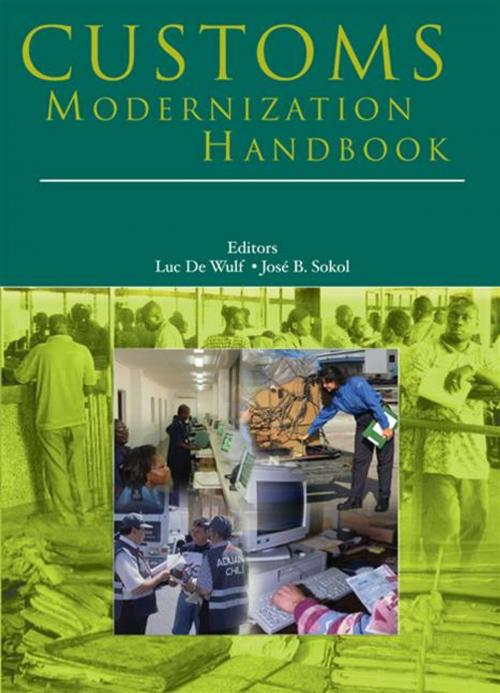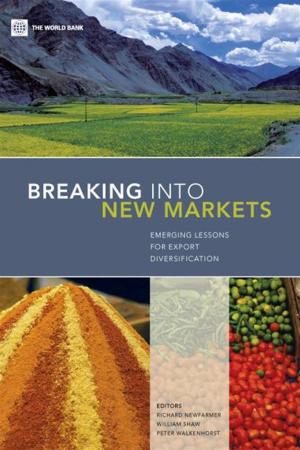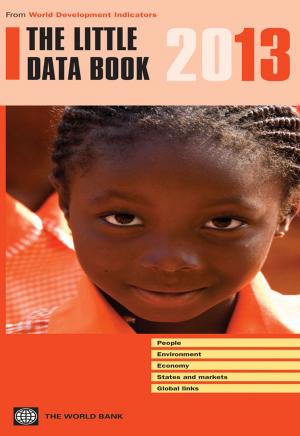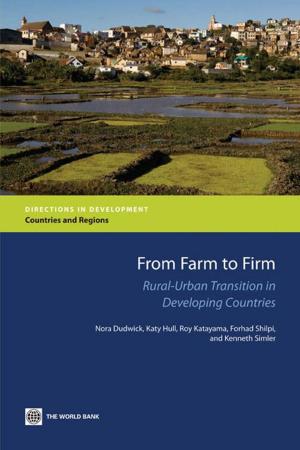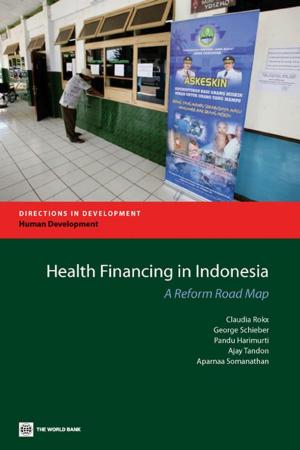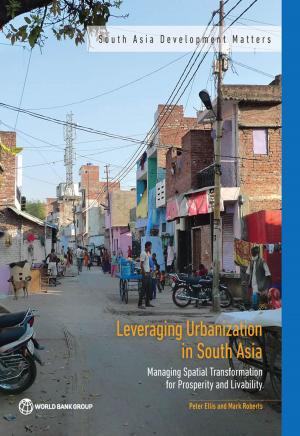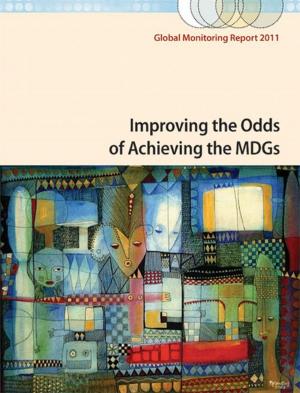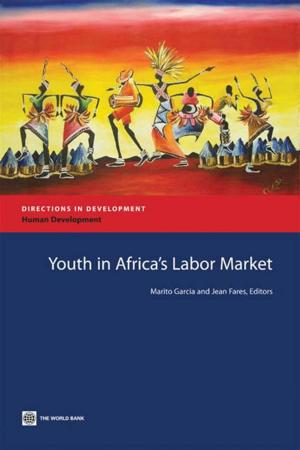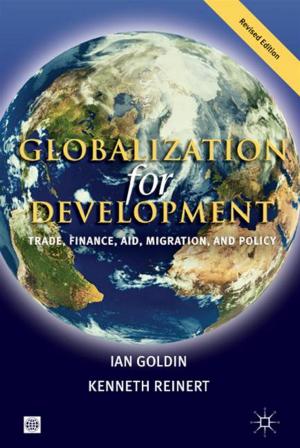| Author: | De Wulf Luc ; Sokol Jose B. | ISBN: | 9780821357514 |
| Publisher: | World Bank | Publication: | January 3, 2005 |
| Imprint: | Language: | English |
| Author: | De Wulf Luc ; Sokol Jose B. |
| ISBN: | 9780821357514 |
| Publisher: | World Bank |
| Publication: | January 3, 2005 |
| Imprint: | |
| Language: | English |
Trade integration contributes substantially to economic development and poverty alleviation. In recent years much progress was made to liberalize the trade regime, but customs procedures are often still complex, costly and non-transparent. This situation leads to misallocation of resources. Customs Modernization Handbook provides an overview of the key elements of a successful customs modernization strategy and draws lessons from a number of successful customs reforms as well as from customs reform projects that have been undertaken by the World Bank. It describes a number of key import procedures, that have proved particularly troublesome for customs administrations and traders, and provides practical guidelines to enhance their efficiency. The Handbook also reviews the appropriate legal framework for customs operations as well as strategies to combat corruption.
Trade integration contributes substantially to economic development and poverty alleviation. In recent years much progress was made to liberalize the trade regime, but customs procedures are often still complex, costly and non-transparent. This situation leads to misallocation of resources. Customs Modernization Handbook provides an overview of the key elements of a successful customs modernization strategy and draws lessons from a number of successful customs reforms as well as from customs reform projects that have been undertaken by the World Bank. It describes a number of key import procedures, that have proved particularly troublesome for customs administrations and traders, and provides practical guidelines to enhance their efficiency. The Handbook also reviews the appropriate legal framework for customs operations as well as strategies to combat corruption.
